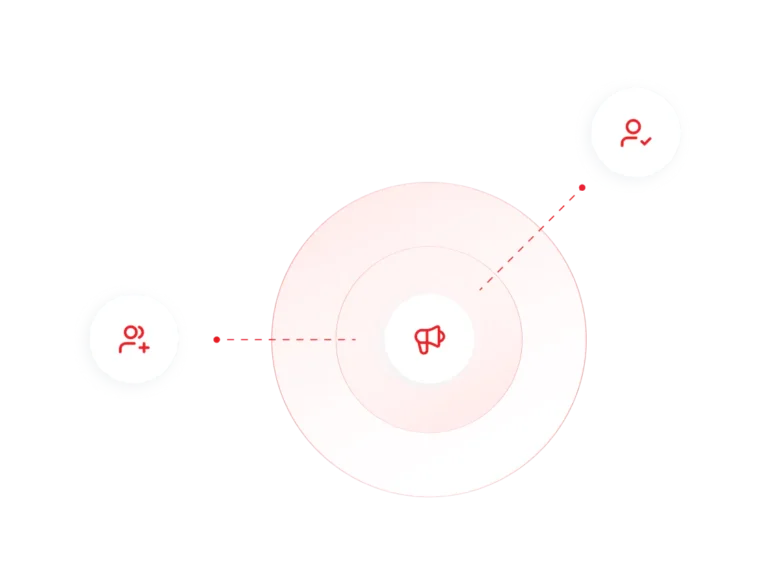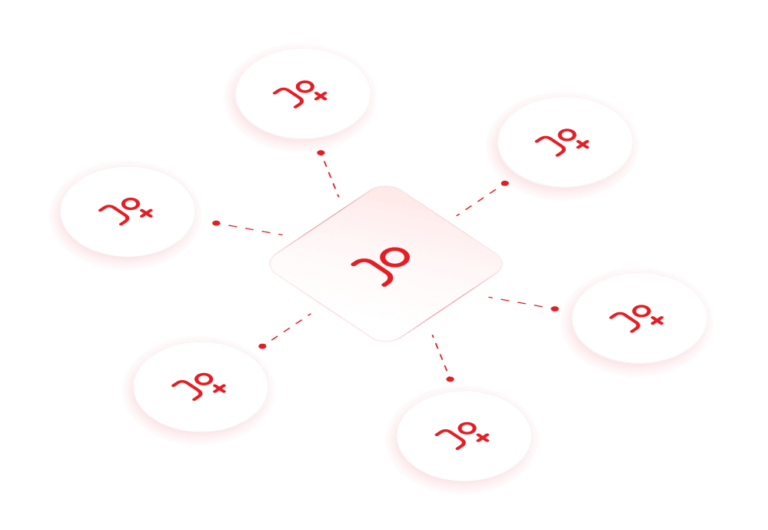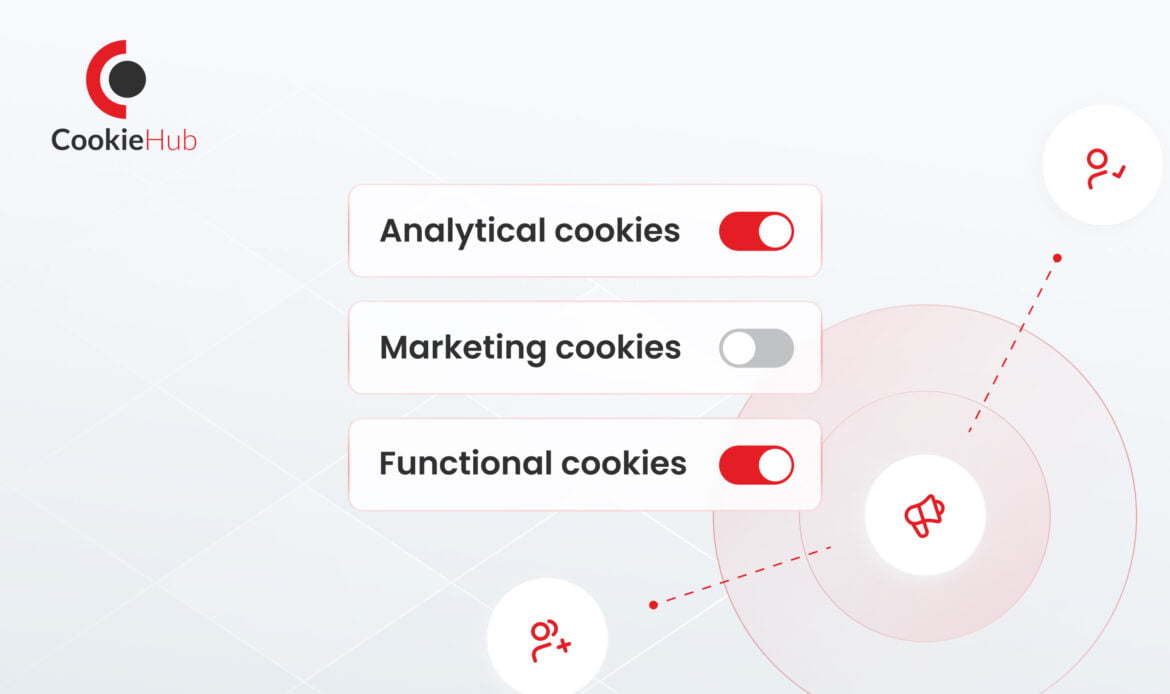In the good old pre-internet days, advertisers played a remarkably broad and inaccurate game when it came to marketing—guessing that a football fan might also like beer was about as subtle as it got. The advent of cookies in the digital age, however, redefined the notion of personalized marketing and data analytics.
Cookies — small text files that websites store on users‘ devices — have fundamentally transformed how user data is gathered and deployed. They’re essential tools used by websites to collect and store information about users, helping website owners boost functionality, track behavior, and create highly personalized experiences.
They’ve also given rise to a tidal wave of regulatory bodies such as the GDPR (General Data Protection Regulation) all of whom are intent on making sure that user privacy isn’t compromised in the process.
With cookies coming in three main types, it’s important to understand the differences between them in order to avoid the often costly implications of landing on the wrong side of the cookie police.
Marketing Cookies
Marketing cookies, also known as advertising or tracking cookies, are primarily used to track users’ online behavior and show them personalized ads based on their interests. These cookies can track browsing habits across multiple websites, creating a detailed user profile that advertisers can use to deliver targeted marketing campaigns.
For example, Facebook Pixel collects data to make sure that users see ads relevant to their preferences. Because these cookies often handle sensitive personal data, however, websites are legally required to obtain explicit user consent before using marketing cookies.


Analytical Cookies
Analytical cookies, otherwise known as performance cookies, are used to monitor and analyze how visitors interact with a website. These cookies provide valuable insights into user behavior, such as the number of visitors, time spent on pages, and traffic sources. Google Analytics is one of the most popular tools for this purpose, using cookies to measure user engagement and improve site performance.
Analytical cookies are key tools for businesses aiming to optimize their websites by identifying areas for improvement. While they don’t usually collect personal data, they still require disclosure to comply with GDPR, as they track user activity on a detailed level.
Functional Cookies
These cookies are designed to heighten the user experience by remembering preferences and settings that make websites more user-friendly. Unlike strictly necessary cookies, functional cookies are not required for the website to operate, however, they deliver a more personalized expereince.
For example, a website might use a functional cookie to remember a user’s preferred language or their login credentials for future visits. Although functional cookies don’t generally require explicit consent, they should still be disclosed and opt-in for user consent if they store user-specific information to improve website functionality.

Other Types of Cookies
Beyond these three main cookie types, a number of others are also worth mentioning:
Strictly necessary cookies
are crucial for core functionalities like shopping carts and user authentication.
Third-party cookies
are often set by external websites, primarily for tracking and advertising purposes.
Session cookies
are temporary and disappear when the browser is closed, whereas permanent cookies remain on a device for a defined period.-
The Importance of User Consent
Under regulations like the GDPR of California’s CCPA, user consent is central to deploying cookies, especially non-vital ones like marketing and analytical cookies. Websites must be transparent about the types of cookies they use, their purpose, and how long data is stored. Users should have the option to grant or refuse consent for non-essential cookies, with easy access to cookie preferences at all times.
Failing to obtain proper consent can lead to heavy fines and reputational damage for businesses, which is why cookie consent management platforms like CookieHub are such valuable tools. Helping website owners stay compliant, they keep businesses ahead of the compliance curve, build customer trust, and allow visitors to make informed decisions about their online privacy.
How CookieHub Can Help
CookieHub is a simple, powerful consent management platform that helps websites stay compliant with privacy regulations. It features an automatic cookie scanner to detect and categorize cookies for easy management.

Are you compliant?
Our completely free tool will generate a detailed list of all cookies currently in use, along with valuable information about their purpose.
Don’t just take our word for it, get started with a 30 day free trial!
- 30 day free trial
- No credit card required
